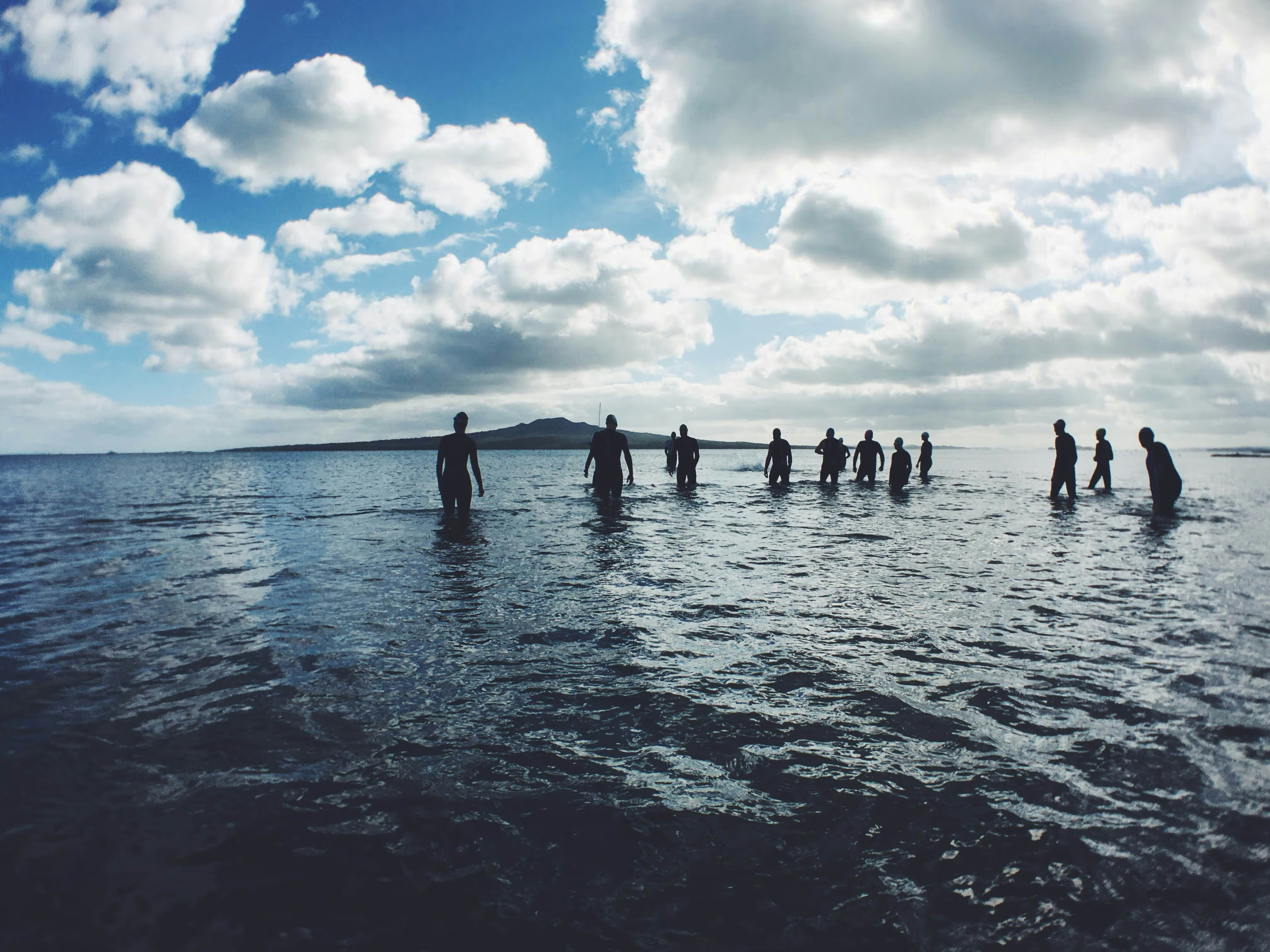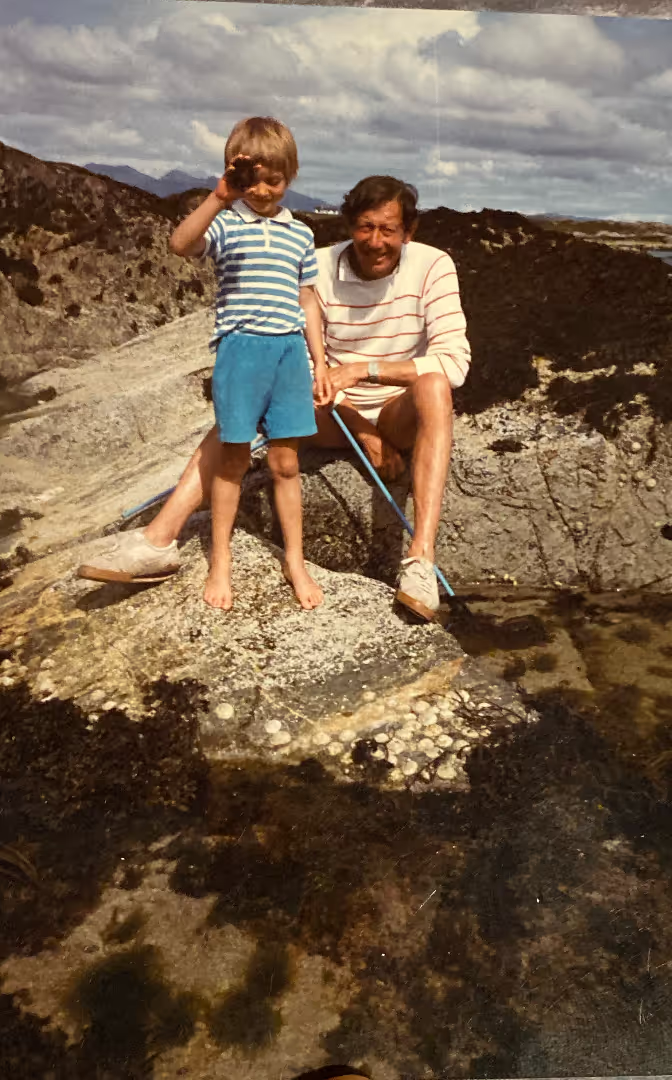The Power of Water in Times of Grief
There is something primal about the pull to the water’s edge. For many, rivers, lakes, and oceans serve as places of reflection—offering a chance to gain perspective and to remember our place within the vastness of the universe. In times of grief, this practice takes on a deeper significance.
The water can hold us like nothing else, mirroring our feelings and bringing a sense of peace and renewal. It offers a connection to a world that is beyond our reach, somehow bringing us closer to those we have lost. Water-based activities like wild swimming or surfing have long been associated with healing for mourners, inspiring books, films and grief support groups. As J’aime Morrison, Professor of Movement at California State University Northridge, shares in Sea Maven magazine, “Surfing became my way of working through the grief of losing my husband and the painful process of mourning him. In the face of huge swells of grief and sorrow, surfing taught me how to thrust myself forward into the curl of the unknown.”
“Grief is like the ocean; it comes on waves ebbing and flowing. Sometimes the water is calm, and sometimes it is overwhelming. All we can do is learn to swim.” - Vicki Harrison, Author
While humans have intuitively known about and benefitted from the healing effects of water for centuries, science now provides the evidence. A study published in the International Journal of Molecular Sciences in 2018 confirmed that negative ions—especially those near natural sources like waterfalls, oceans, and rivers—offer measurable health benefits. Negative ions are oxygen atoms with an extra electron, and they are thought to increase oxygen flow to the brain, improving mood, energy, and mental clarity. Research suggests they help regulate sleep, reduce stress, and even enhance immune function. Fast-moving water generates these ions naturally.
For those navigating grief, water immersion offers a comforting release from the weight of loss. Many mourners find solace in sea swimming or surfing, where the waves echo their emotional cycles. Dr Catherine Kelly, an Irish academic researcher and the author of Blue Spaces: Why Water Can Make You Feel Better, is a daily sea swimmer who took up wild swimming after her mother died. “The sea was somewhere I felt I could breathe,” she says in an interview with inews. “It was somewhere that I felt that I didn’t have to work hard at healing, it did it for me. Being by the sea, swimming in it, even just looking at it, gave me a sense of perspective and relief.”
In her book and through her work, she explores the science behind some of these benefits. For example, The British Medical Journal published a case report exploring the potential of cold water adaptation as a treatment for depression. The findings suggest that immersing in cold water initially triggers the body's "fight or flight" response, leading to a temporary shock reaction. However, with repeated exposure, the body adapts, gradually reducing its stress response to the cold. This adaptation process is thought to foster resilience, which may help mitigate symptoms of depression.
These ritualistic practices encourage mourners to engage with their grief openly, letting the water bear the emotional load while providing a space to process, reflect, and ultimately, find peace. In grief, these natural settings have a grounding effect, reminding us that, like the tides, grief will continue to rise and fall.





